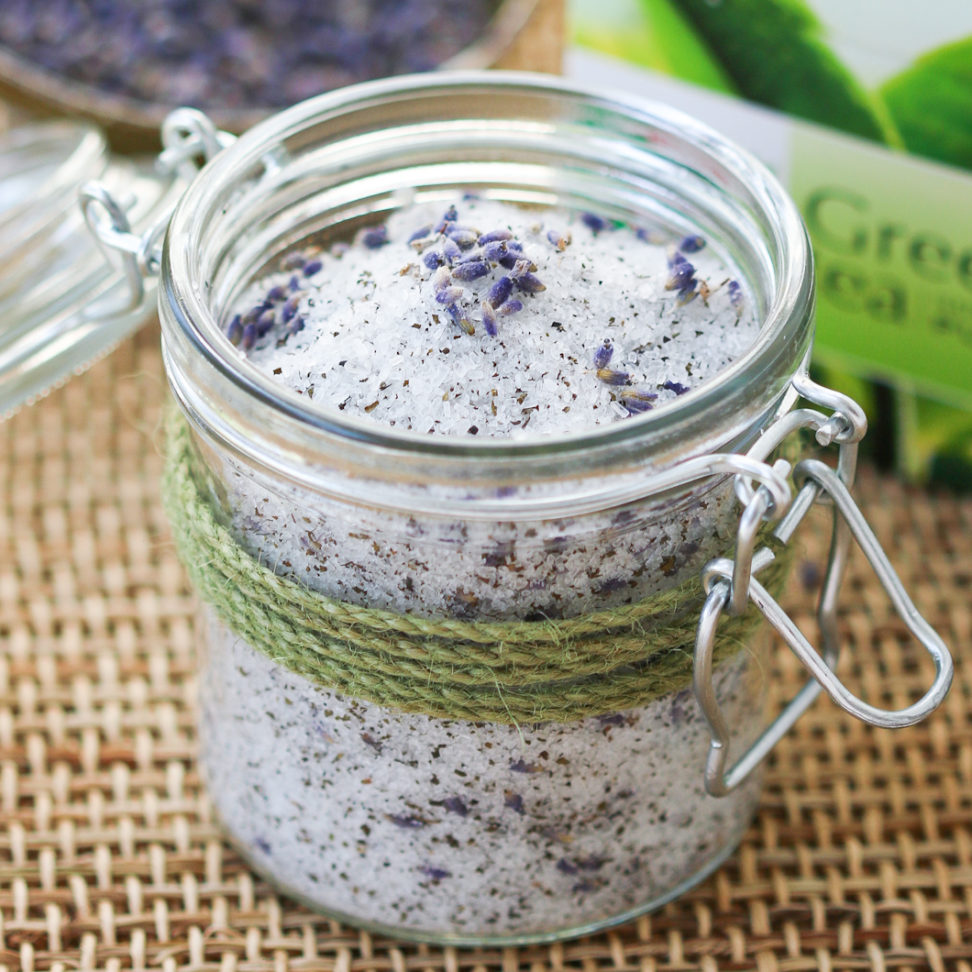Why Stress is Hard on Our Bodies
Imagine you’re in a rain forest, and all the sudden, a tiger slides out of the thick brush. You lock eyes. The tiger snarls. And without thinking, your body pumps adrenaline into your veins and alters your breathing. Your blood moves away from digestion and reroutes to your muscles. Your heart pounds. You’re now running. You’re now sweating. You’re stressed.
This imaginative scenario shows our bodies’ natural flight or fight response. The Encyclopedia Britannica defines it as a “response to an acute threat to survival that is marked by physical changes, including nervous and endocrine changes, that prepare a human or an animal to react or to retreat.”
Today, we’re learning that stress can generate this same response in our bodies and prolonged exposure to these hormonal changes causes damage. Check out the list of just the physical stress symptoms from WebMD:
- Low energy
- Headaches
- Upset stomach, including diarrhea, constipation, and nausea
- Aches, pains, and tense muscles
- Chest pain and rapid heartbeat
- Insomnia
- Frequent colds and infections
- Loss of sexual desire and/or ability
- Nervousness and shaking, ringing in the ear, cold or sweaty hands and feet
- Dry mouth and difficulty swallowing
- Clenched jaw and grinding teeth
Long-term stress, inflicting that flight-or-fight response, becomes a hinderance and harm. Take this one relatable example. When you’re stressed, your body dials back digestion by reducing the blood flow to the stomach. It also changes the amount of acid in your stomach. And, as a result, you’re often not hungry or eating for comfort, or you’re having difficulties digesting food (heartburn anyone?). Similarly, stress can cause blood sugar to spike. This happens when stress increases your cortisol and adrenaline levels, which in turn causes your body to release more glycogen, spiking your blood sugar. It’s like stress causes enough of a hormone response that your body thinks you’re just noshing huge pieces of cake—when you’re not. What a bummer.
What Can We Do
Honestly, you’ve got to stop running from that metaphorical “stress” tiger. Sometimes, that means my clients make small changes to reduce their stress, like walking in the evening with friends or doing morning yoga. Other times, it might require a more bold approach, like prioritizing sleep over social or work events or even changing careers.
For today, I want to share some stress-reducing ideas that you can implement right away. And, remember to follow the included links for more information.
- Taking a breather. Do yoga before bed (I’m such a big believer in the positive effects of yoga that I’m working toward a trainer/teacher certification.)
- Try tai chi for increasing flexibility and balance while reducing stress
 Do some fun light reading
Do some fun light reading- Regularly exercise to use up that extra cortisol and adrenaline—and balance hormones
- Meditate or do mindful exercises to retrain your thinking patterns and habits (Looking for a place to start? Try https://zivameditation.com. They have a handy app that reminds you to take a break. You can also search for the Head Space app and www.heartmath.com.)
- Try essential oils to help you relax, like a soothing Epsom salt bath with lavender and cedar wood essential oils before bed (I highly recommend the high-quality oils. One company I trust and use is DoTERRA. If you have any questions, please talk to me) This HuffPost article highlights 11 scents that are beneficial.)
- Massage! Find the right person and the right style of massage—and relax and work out muscle tension and stress.
If you’re looking for more specifics on how to reduce your stress load, give me a call.



![z31[1]](https://simplywholebydevi.com/wp-content/uploads/2018/06/z311-100x100.jpg)












